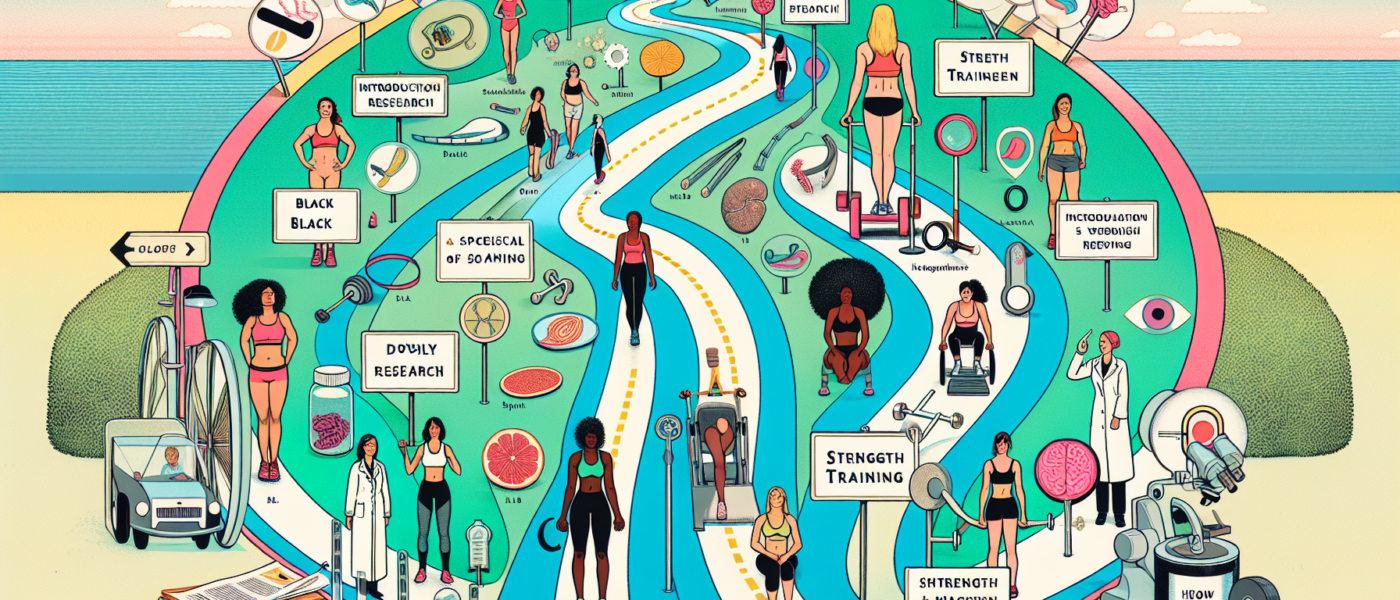The Road to Better Women’s Health: The Need for Sex-Specific Research and Strength Training
The Road to Better Women’s Health: Strength Training and Sex-Specific Research
Historical Overlook and Unique Needs
For decades, the medical community has often overlooked the unique health needs of women by extrapolating findings from research conducted largely on male subjects. This practice has resulted in incomplete and sometimes harmful medical advice for women. The failure to account for sex differences in medical research has left gaps in our understanding of women’s health, which can have serious implications. President Joe Biden’s executive order aims to integrate women’s health across federal agencies and foster new research, addressing these historical oversights and seeking to bridge the gap in female-based medical knowledge.
Women possess distinct physiological characteristics that necessitate specific approaches to health and wellness. Factors such as menstruation and having two X chromosomes contribute to these unique needs. The COVID-19 pandemic has further highlighted the importance of sex-specific research, with more studies now focusing on the differences between male and female health outcomes. This increased focus is critical for developing accurate and effective medical guidelines and treatments for women.
The Importance of Exercise and Diet
Strength training has emerged as an essential component of women’s health, especially in maintaining brain health. Physical exercise, particularly strength training, stimulates neural pathways that help prevent cognitive decline, including conditions like dementia and Alzheimer’s disease. In addition to brain health, strength training plays a crucial role as women approach menopause, a period marked by significant changes in body composition, such as muscle loss and an increase in body fat.
High-intensity workouts, such as true intervals of 30 seconds to one minute, are particularly effective for women. These workouts raise metabolic rates, reduce visceral fat, and improve cardiovascular health. However, exercise alone cannot combat the adverse effects of a poor diet. A balanced diet is essential to complement physical activity for overall health. Visceral fat, often resulting from unhealthy eating habits, can lead to atherosclerosis, increasing the risk of heart attacks and strokes. Therefore, maintaining a healthy diet is as important as sticking to a regular exercise routine.
The integration of women’s health into federal research initiatives promises a future where medical advice and treatment are more tailored to women’s specific needs. As we continue to uncover the differences between male and female health outcomes, it’s essential for women to consult healthcare professionals before starting any new exercise programs. This is especially important if they experience pain or discomfort, ensuring that physical activity is safe and beneficial. With a combined focus on sex-specific research, strength training, and balanced nutrition, the path to better women’s health is becoming more defined and well-supported.
